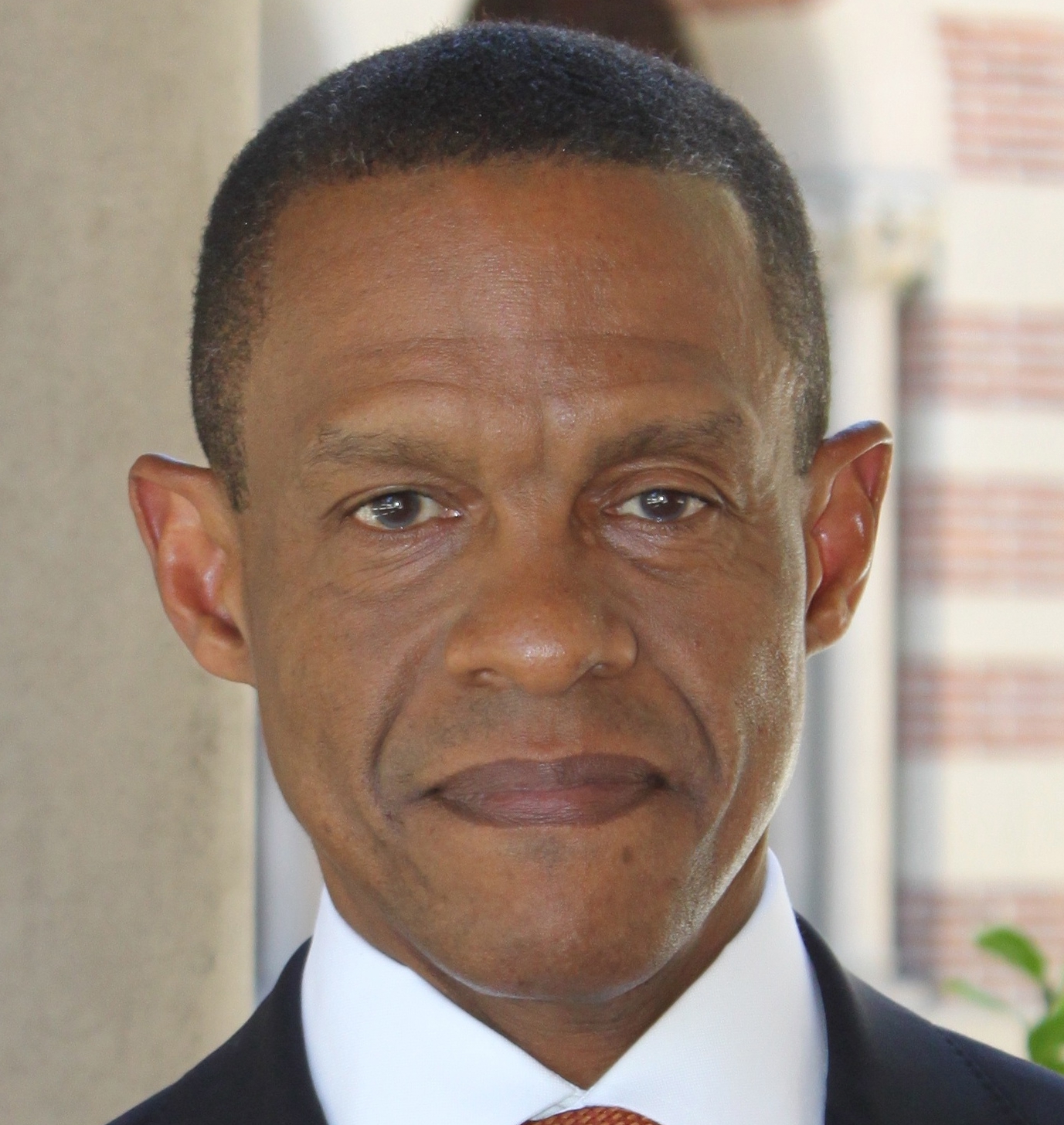The United States has a problem with violent extremism. Be it a racially motivated shooting at a church, an anti-government driven attack at a movie theater or an ISIS-inspired plot, we are seeing an accelerating trend in the occurrence of violence driven by extremist ideology. Our current approaches to this problem are insufficient; new solutions are needed.
Enter the University of Southern California Safe Communities Institute (SCI). Last week, SCI celebrated its official relaunch under a new name with a kickoff event at the USC Sol Price School of Public Policy. Formerly the Delinquency Control Institute, SCI has provided executive education for law enforcement professionals since 1946. Price School Dean Jack Knott said, “Over time, our understanding of and approaches to public safety have evolved. In response to these changes, the program was reorganized to meet specific challenges our communities face today.”
One of the institute’s most important goals is supporting government and public safety professionals in gaining the trust of the communities they serve. Particularly when it comes to violent extremism, the launch of the institute comes at a time of fragile societal relations but also a time of great opportunity.
I am the institute’s Director of the Homegrown Violent Extremism (HVE) Studies Program, where the world’s experts will conduct groundbreaking field research in extremism and counterterrorism, engaging with partners from around the globe. We purposefully dubbed the program “HVE,” rather than the Countering Violent Extremism (CVE) catch-phrase that is in vogue right now. The reason is that CVE is already generating a lot of backlash, alienating the very communities that the programs are meant to help. For example, communities hosting the so-called “CVE pilot programs” are complaining about the issue of the myopic, laser focus on Muslim extremism, rather than a more inclusive (and productive) focus on all extremist ideologies.
Approaching communities based on religion or country of origin, which is the perceived criteria of CVE at this point, neutralizes the effort before it gets out of the gate. SCI recognizes that government must embrace an approach designed to counter all violent extremism. SCI intends to engage research, interdisciplinary education and collaboration to advance sustainable “whole of community” public safety strategies, policies and programs. That’s something all communities need.


